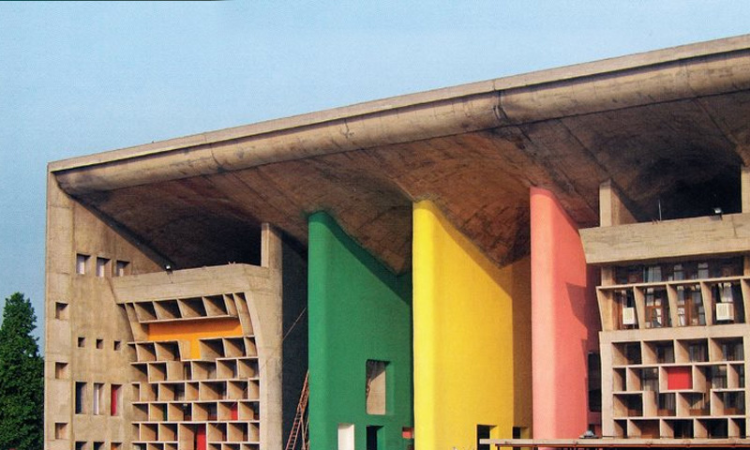- Home
- /
- High Courts
- /
- Punjab and Haryana High Court
- /
- Civil Court Can't Intervene In...
Civil Court Can't Intervene In Actions Taken Under Electricity Act: Punjab & Haryana High Court
Aiman J. Chishti
19 May 2025 8:30 PM IST
The Punjab and Haryana High Court has clarified that civil courts have no jurisdiction to interfere in matters arising under the Electricity Act, 2003. Justice Sureshwar Thakur and Justice Vikas Suri said that "Even if a special statute confers only in respect of specifically delineated subject matters, thus an effective adjudicatory jurisdiction, but upon a special statutorily created...
The Punjab and Haryana High Court has clarified that civil courts have no jurisdiction to interfere in matters arising under the Electricity Act, 2003.
Justice Sureshwar Thakur and Justice Vikas Suri said that "Even if a special statute confers only in respect of specifically delineated subject matters, thus an effective adjudicatory jurisdiction, but upon a special statutorily created mechanism, and, concomitantly bars the exercisings thereovers of adjudicatory jurisdiction by the Civil Courts concerned. Nonetheless, yet if the said conferment of adjudicatory jurisdiction but is expressely limited or restricted to certain matters, therebys in respect of those matters, which do not become explicitly delineated in the apposite specific jurisdiction ousting provisions embodied in a special statute, wherebys the exercisings of adjudicatory jurisdiction thereovers by the Civil Courts, thus becomes explicitly barred."
While hearing a reference petition, the Court considered the question, "Whether the bar on civil court jurisdiction applies only to proceedings arising from orders made by the Assessing Officer (Section 126) and appellate authority (Section 127)."
The court concluded that Section 145 of the Electricity Act, 2003 creates a comprehensive bar on civil court jurisdiction, not only for actions under Sections 126 and 127 but also for other matters like Section 135, provided these are actions taken or proposed under powers conferred by the Act.
It also clarified the following points:
Special Courts are empowered to try offences under Sections 135–140 and 150, and can impose punishment and determine civil liability (damages) only after a binding conviction.
Civil liability under Section 154(5) must follow a conviction and cannot be decided concurrently with the criminal trial to ensure fairness.
The term "concerned person" in Section 154's explanation refers to the supplier, not the consumer, thus consumers acquitted of electricity theft have no remedy under this section to claim damages.
Investigation powers remain with police officers under Section 151-A, and reports are filed under CrPC Section 173, though CrPC's general procedures are ousted by the Act.
No civil suit can be filed under Section 145 for matters covered by Sections 126, 127, 135–140, and 150; however, a writ petition in High Court remains available as a constitutionally protected remedy.
While disposing of the plea, the Court appreciated the profound wisdom and enriched legal assistance provided by "Mr. B.R.Mahajan, Senior Advocate (former Advocate General, Haryana), Mr. Pravindra Singh Chauhan, Advocate General, Haryana, Mr. Ankur Mittal, Additional Advocate General, Haryana, Ms. Svaneel Jaswal, Additional Advocate General, Haryana, Mr. Pardeep Prakash Chahar, Sr. Deputy Advocate General, Haryana, all the learned counsels for the appellants/petitioners, and, Mr. Sangam Garg, (Law Researcher)."
Title: MAHESH KUMAR V/S SUB DIVISIONAL OFFICER & ANR.



